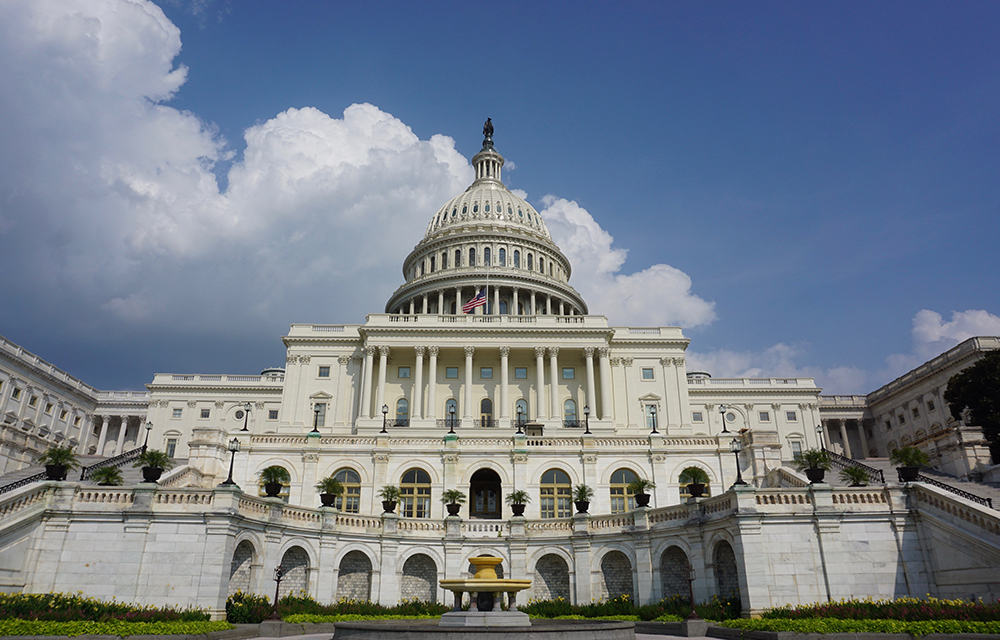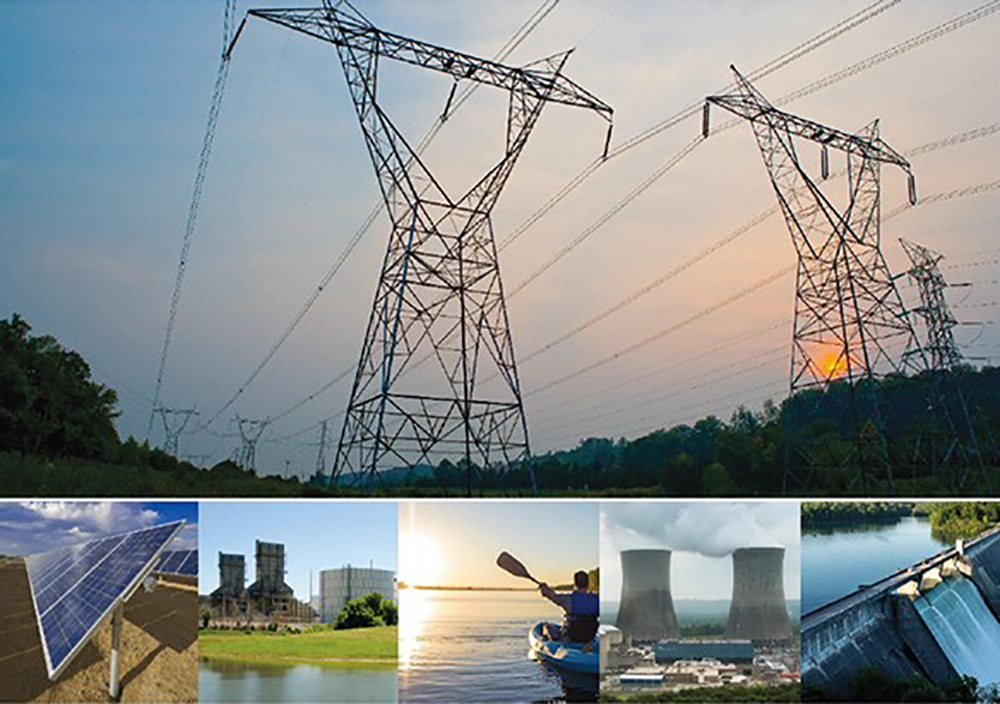Last week Congress approved the Inflation Reduction Act (IRA) of 2022. The bill does a lot of things, but environmentalists applauded its $350 billion package to address climate change and promote clean energy investments. Some said the bill has the potential to lower greenhouse gas emissions across the nation by 40 percent by 2030. Here’s what some of those environmental advocates had to say about it.
“Change is coming. This bill is a historic commitment by the United States to regain a leadership position not only in addressing climate disruption but also in leading the clean energy technology revolution that is being unleashed.
While no single entity can take credit for the roller-coaster ride that led to the Senate [and the House later] passing this significant legislation, much credit must be given to the voters in Georgia. By electing not one, but two climate-focused Senate leaders in a runoff election in early 2021, these two Southern senators were absolutely necessary for creating this moment in history and shepherding the bill through the political tightrope in the Senate.”
— Stephen Smith (writing before the House passed the bill)
Executive Director, Southern Alliance for Clean Energy
“In almost every Climate Reality training, I include a quote from the great American poet Wallace Stevens, who wrote: ‘After the final no there comes a yes / and on that yes the future world depends.’
Today, in Congress, there came a historic yes, with the House voting to follow the Senate and pass the Inflation Reduction Act, the biggest climate bill the U.S. has ever seen. It is no great exaggeration to say that on this ‘yes’ our future world depends.
To help shape the climate measures that are included in this bill, our Climate Reality leaders and chapters held more than 150 meetings with legislators. Our friends and supporters contacted their representatives and policy-makers over 180,000 times. All with one simple message: Go big. Go bold. Act now. Yes, yes, yes.
There is much to celebrate. The IRA will supercharge the just transition to clean energy that is already underway across the country, transforming our economy while creating an estimated 1.5 million jobs and cutting costs for working families. Critically, the bill invests $60 billion in frontline communities hit hardest by fossil fuel pollution and the climate crisis, bringing clean air, good jobs, and better opportunities to those who have been subject to generations of environmental injustice.
The impact of this bill will ripple across continents. By putting the U.S. on the path to cutting global warming pollution 40 percent by 2030, the IRA helps keep the Paris Agreement alive and demonstrates to the world that we are committed to climate action for the long-term.
But for all the progress we will achieve through the IRA, there are provisions that require urgent attention and action. Fossil fuel interests forced painful concessions in negotiations, requiring the government to offer new areas for drilling in Alaska and the Gulf of Mexico, as well as more oil and gas leasing on our public lands. Lawmakers are poised to take additional steps that would fast-track pipelines that communities — and Climate Reality leaders — have fought for years to block.”
— Al Gore
Founder and Chairman, The Climate Reality Project
“The historic passage of the Inflation Reduction Act makes renewable energy — which was already affordable and, in many cases, cheaper than gas — even more cost-effective. Even before today’s momentous vote, an independent study found that the Tennessee Valley Authority (TVA) would save billions by replacing its aging, dirty coal plants with clean energy as opposed to gas.
Families across the Valley are seeing higher power bills this summer due to TVA’s over-reliance on fossil fuels. It should be a no-brainer for TVA to take advantage of this groundbreaking legislation by scrapping plans to recklessly spend billions on new gas plants and invest in clean energy sources instead.”
— Amanda Garcia
Tennessee Office Director, Southern Environmental Law Center
“The Inflation Reduction Act is by far the most consequential legislation for climate action that has ever passed. I think it will take some time to be able to process the scale and positive effects this will have on our collective future.
But the fight is not over, we’ll need to keep up momentum across the country and here in the Southeast. Paired with more federal, state, and local actions, we will be more equipped to face the most existential threat of our time: climate change.”
— Maggie Shober
Research Director, Southern Alliance for Clean Energy

